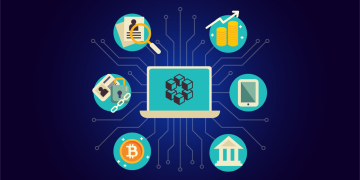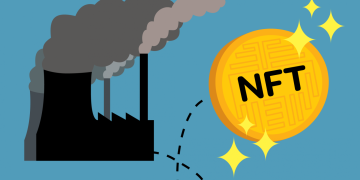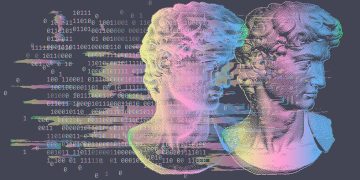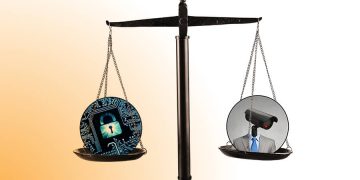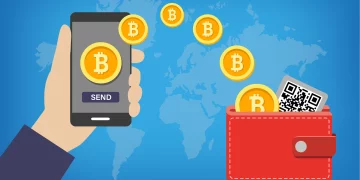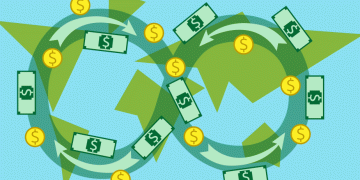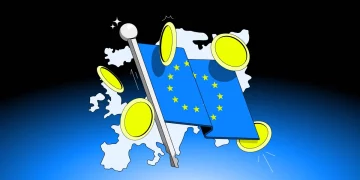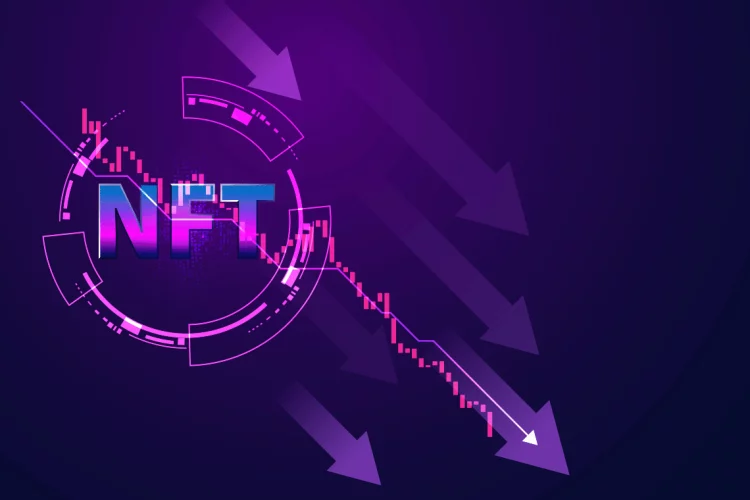Introduction
Non-fungible tokens (NFTs) have surged in popularity over the past few years, revolutionizing industries from art and entertainment to gaming, real estate, and even finance. With their ability to represent unique digital assets, NFTs have provided creators, collectors, and investors with a new way to engage with the digital world. Yet, despite their remarkable potential, the rise of NFTs has brought to the forefront an urgent issue: how to establish a unified global legal framework for these tokens.
NFTs are essentially digital certificates of ownership and authenticity, built on blockchain technology. While they offer creators and buyers many opportunities, they also present numerous legal complexities—especially in areas such as intellectual property, taxation, consumer protection, and fraud prevention. The decentralized nature of NFTs, combined with their global reach, poses unique challenges in regulating them effectively. As the NFT market continues to grow, there is an increasing need for clear, consistent, and internationally harmonized legal guidelines to manage these digital assets responsibly and sustainably.
This article will delve into the complexities surrounding NFTs and explore the pressing need for a unified global legal framework. We will discuss the challenges of regulating NFTs, examine the current legal landscape, and propose potential solutions to address these issues.
1. The Legal Challenges of NFTs
NFTs are distinct from traditional assets in that they are digital, decentralized, and stored on blockchain networks. This uniqueness raises several legal issues that current regulatory frameworks have not fully addressed. Here are some of the primary challenges:
1.1. Intellectual Property and Copyright
One of the most significant legal challenges surrounding NFTs is their relationship with intellectual property (IP). While an NFT may represent ownership of a digital item, ownership of the NFT does not automatically confer ownership of the underlying intellectual property rights, such as copyright.
For example, an artist might sell an NFT of a digital artwork, but the buyer of the NFT typically does not own the copyright to the artwork. This distinction is often unclear, leading to confusion and potential legal disputes.
Challenges:
- Unclear IP ownership: Many buyers believe that purchasing an NFT grants them full ownership of the artwork, including intellectual property rights. However, in most cases, the artist retains the copyright, which allows them to control the reproduction, distribution, and adaptation of the artwork.
- Licensing issues: If the buyer does not own the copyright, they cannot freely use the digital asset for commercial purposes unless explicitly granted permission by the creator. This leads to potential legal conflicts when NFTs are used for purposes not foreseen by the creator.
- Derivative works: The question of whether an NFT holder can create derivative works based on the underlying digital asset remains legally ambiguous. For instance, can the NFT buyer create new content using the NFT, such as merchandise or video games?
1.2. Taxation and Financial Regulation
NFTs have become a lucrative market for artists, investors, and collectors. However, the taxation of NFT transactions remains unclear in many jurisdictions. Unlike traditional assets, NFTs do not fall neatly into existing tax categories such as goods, services, or property. This lack of clarity can lead to inconsistent tax treatment, both for individuals and businesses involved in the NFT ecosystem.
Challenges:
- Capital gains taxes: In many countries, NFTs are considered taxable assets. When an NFT is sold for a profit, the seller may be required to pay capital gains tax. However, since NFTs often involve unique and fluctuating assets, determining the taxable value can be challenging.
- Value-added tax (VAT): In some jurisdictions, NFTs are subject to VAT, which complicates the pricing and sale of digital assets. Additionally, different countries may apply different VAT rules to NFTs, making cross-border transactions more complex.
- Money laundering and fraud: The pseudonymous nature of blockchain transactions raises concerns about money laundering and the potential for illicit activities within the NFT market. Without regulatory oversight, NFTs could become a tool for hiding the origin of funds or facilitating financial fraud.
1.3. Consumer Protection
The rapid growth of the NFT market has also raised concerns about consumer protection. Due to the highly speculative nature of NFTs and the lack of regulation, consumers are often exposed to significant risks when purchasing NFTs. These risks include fraud, misrepresentation, and market manipulation.
Challenges:
- Fraud and scams: There have been numerous instances of fraudulent NFT listings, where scammers create fake listings for non-existent or plagiarized assets. In some cases, NFTs have been sold without the creator’s consent, leading to stolen or unauthorized transactions.
- Lack of transparency: The opacity of many NFT marketplaces means that consumers often lack the necessary information to make informed decisions. For example, consumers may not know whether an NFT is truly unique or if it has been copied or resold multiple times.
- Market manipulation: Some actors in the NFT space have engaged in pump-and-dump schemes, artificially inflating the prices of NFTs to attract investors before selling off their holdings at a profit. These manipulative practices harm consumers and erode trust in the market.
1.4. Jurisdiction and Cross-Border Issues
NFTs are global assets, traded across borders and stored on decentralized networks. This international aspect complicates efforts to regulate NFTs, as existing legal frameworks are often limited by national borders. Legal disputes involving NFTs may arise in jurisdictions that do not have clear laws or regulations governing digital assets, creating challenges in enforcement and dispute resolution.
Challenges:
- International enforcement: Because NFTs are often hosted on decentralized networks, enforcing legal judgments across borders is difficult. Additionally, the anonymity of blockchain transactions makes it challenging for authorities to track down individuals or organizations involved in illegal activities.
- Conflicting regulations: Different countries have different approaches to NFT regulation. For example, while some countries view NFTs as digital assets that are subject to tax and regulation, others treat them as collectibles or art, exempt from certain legal frameworks.
2. Current Legal Approaches and Challenges
While there is no unified global legal framework for NFTs, various countries have started to address the legal issues surrounding NFTs, albeit in a fragmented manner. Here are some notable efforts:
2.1. United States
In the U.S., NFTs are primarily regulated as digital assets under existing securities laws, depending on their structure. The Securities and Exchange Commission (SEC) has provided some guidance, stating that NFTs could be considered securities if they are sold with the expectation of profit from the efforts of others.
Challenges:
- Securities laws: The application of securities laws to NFTs remains unclear. Some NFTs may fall under the definition of a security, while others do not, depending on their characteristics and how they are marketed.
- Copyright law: U.S. copyright law generally governs the protection of digital assets, but as discussed earlier, it may not always align with how NFTs are traded and used.
2.2. European Union
The European Union (EU) has shown more proactive efforts in regulating the digital asset market, including NFTs. The EU’s MiCA (Markets in Crypto-Assets) proposal aims to establish a regulatory framework for digital assets, including NFTs. This proposal focuses on issues such as consumer protection, market integrity, and anti-money laundering measures.
Challenges:
- VAT and tax treatment: The treatment of NFTs under EU VAT law remains inconsistent, with some jurisdictions applying VAT to NFT transactions and others not. The EU is working on harmonizing the tax treatment of NFTs, but this remains a work in progress.
- Copyright protection: Like in the U.S., the EU faces challenges in ensuring that the creators of NFTs are properly protected under copyright law, especially in cross-border transactions.
2.3. Other Jurisdictions
Countries like China and India have taken a more cautious approach to NFTs, with some even imposing restrictions on NFT trading. On the other hand, countries such as Malta and Switzerland have embraced blockchain technology and digital assets, including NFTs, as part of their broader efforts to foster innovation in the digital economy.
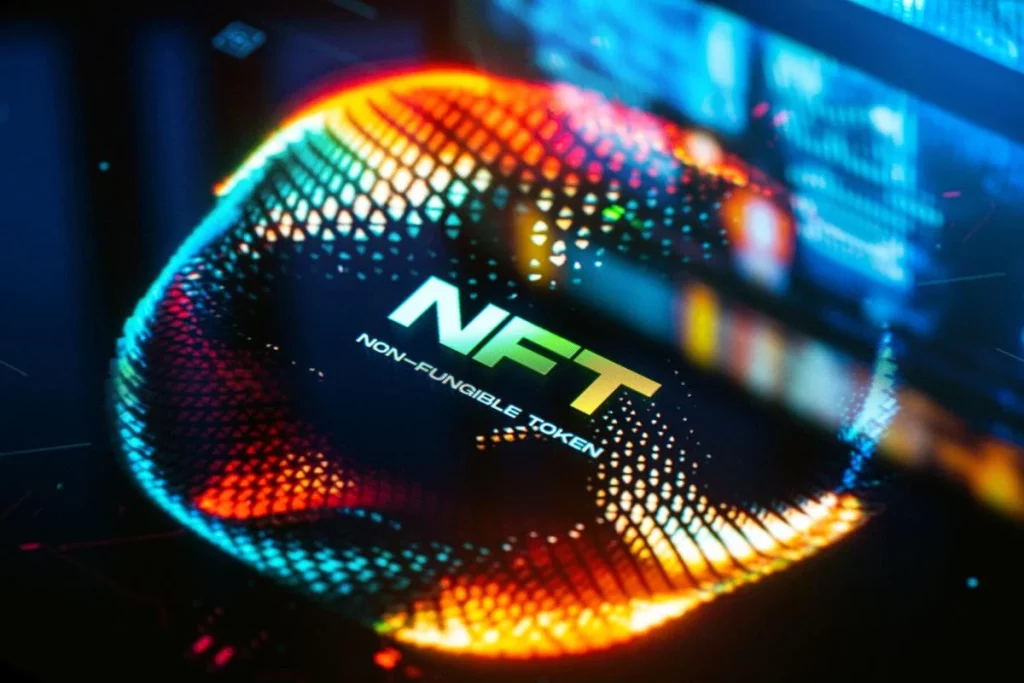
3. The Case for a Unified Global Legal Framework
As the NFT market continues to grow and evolve, there is a pressing need for a unified global legal framework that can effectively address the challenges posed by NFTs. Such a framework would need to balance innovation with consumer protection, ensuring that NFTs can thrive in a secure, transparent, and legally compliant environment.
3.1. Principles for a Unified Legal Framework
A global legal framework for NFTs should include the following key principles:
- Clear intellectual property rights: The framework should clarify the relationship between NFT ownership and intellectual property rights, ensuring that creators retain control over their work while offering buyers clear rights regarding the use of the NFT.
- Consistent taxation: Global standards for the taxation of NFTs would provide clarity for both buyers and sellers, reducing the risk of tax evasion and simplifying compliance for individuals and businesses.
- Consumer protection: A robust regulatory framework should be established to protect consumers from fraud, scams, and market manipulation in the NFT market. This would involve clear guidelines for transparency, disclosure, and dispute resolution.
- Cross-border enforcement: International cooperation is essential to ensure that NFTs are subject to consistent regulations across borders. This could involve the creation of a centralized body or a network of regulators that work together to monitor and enforce NFT-related laws.
3.2. International Collaboration and Regulation
To establish a unified global legal framework for NFTs, international organizations like the United Nations, World Trade Organization (WTO), and Financial Action Task Force (FATF) could play a pivotal role. These organizations could facilitate discussions among countries to develop common standards for NFT regulation and address cross-border challenges.
4. Conclusion
The rise of NFTs represents one of the most transformative developments in the digital economy, offering new opportunities for creators, investors, and consumers. However, as the NFT market continues to expand, it is essential that a unified global legal framework be established to ensure the sustainable growth of this industry. By addressing the legal challenges related to intellectual property, taxation, consumer protection, and cross-border issues, a global regulatory framework will provide the clarity and stability needed for NFTs to thrive in the long term.
Governments, regulators, and industry stakeholders must work together to create a legal environment that balances innovation with protection, ensuring that NFTs can fulfill their potential without compromising the rights of creators, buyers, or investors. In doing so, the world will be better positioned to embrace the future of NFTs and the broader digital economy.


